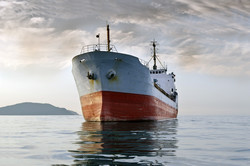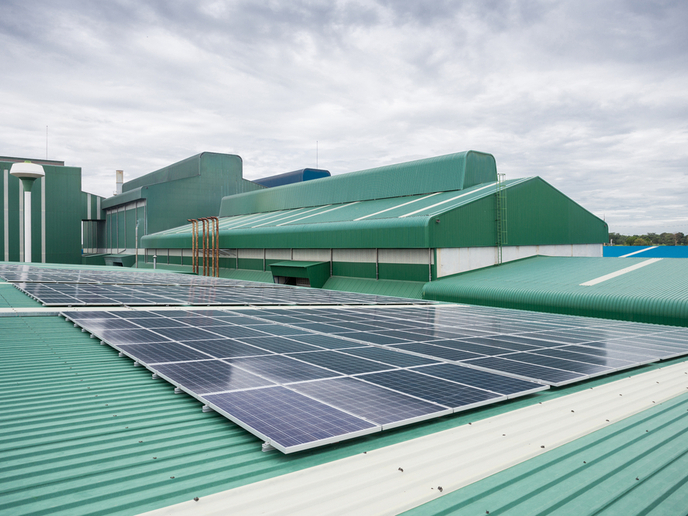Retrofitting energy efficiency in ships
The maritime sector is under growing pressure to reduce its greenhouse gas emissions, with operators facing urgent calls to follow more environmentally friendly practices, while also maintaining profitability. This challenge was addressed by the EU-funded REFRESH (Green retrofitting of existing ships) project, which focused on the existing merchant fleet, making energy efficiency an integral part of the ship life cycle. The consortium aimed to provide tools for quantifying energy management onboard merchant ships and improve monitoring methodologies based on the collection of operational data. The resulting data was used to support decision making in the medium and long terms and provide operational guidelines for the green retrofitting of vessels. Project partners used computer models to identify underperforming systems and components and replaced them with alternatives, in order to give a clearer picture of a ship's energy performance. Furthermore, since emission calculations are correlated to fuel consumption, it also investigated their effect on key performance indicators (KPIs). Researchers also conducted onboard energy audits to assess the current status of existing ships. These helped to identify technical solutions for improving energy consumption as well as drawing up shipyard specifications to implement these changes in retrofitting projects. Together with the energy audits, scientists used dynamic models of energy flows to simulate different combinations of environmental and loading conditions. Based on these different scenarios (such as full load conditions and nominal speed), the optimal KPIs could be identified. Operators had already provided a list of six ships to perform energy audits. Based on the data collected, scientists identified a number of energy deficiency issues and suggested actions both operationally or with regard to retrofitting. These solutions were known for their energy-saving potential and were analysed in terms of technical and economic feasibility. Thanks to REFRESH, newly built ships will comply with environmental regulations from the outset, having a lower environmental impact and being more fuel efficient compared to existing vessels. REFRESH also successfully addressed the retrofitting aspects that are essential for improving energy efficiency onboard ships that are already in operation.







